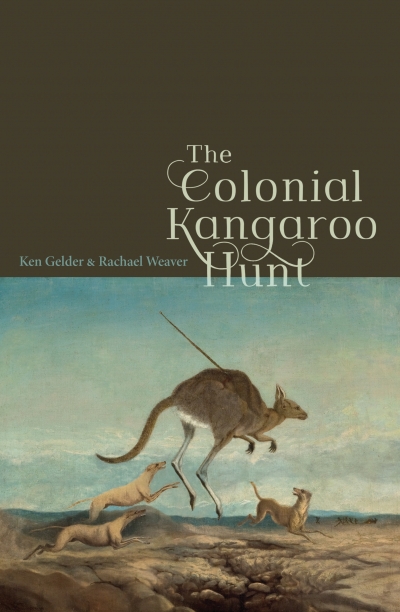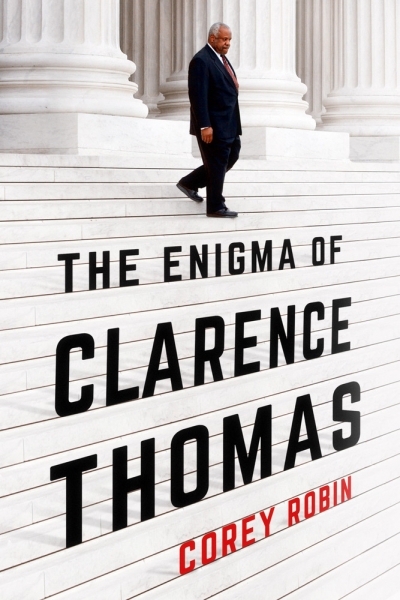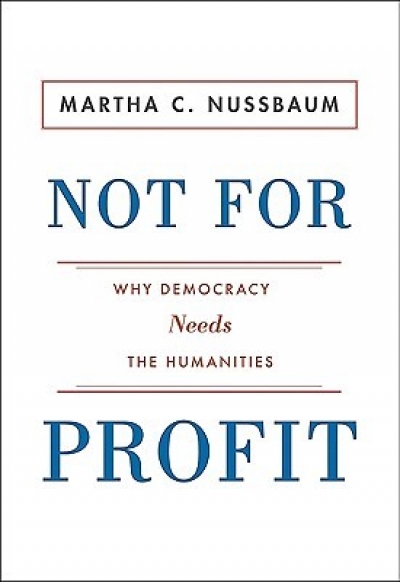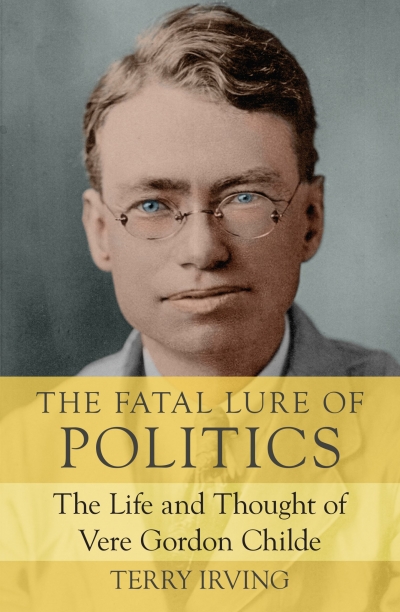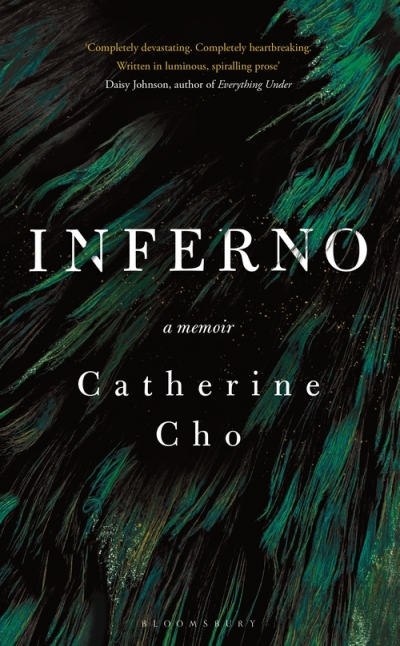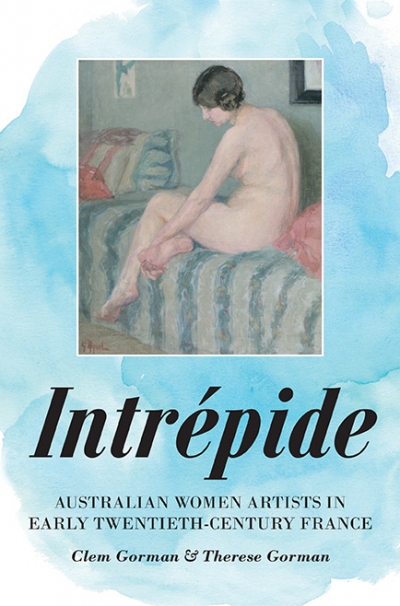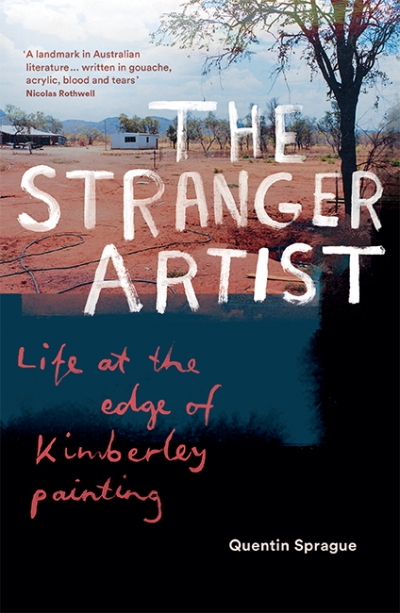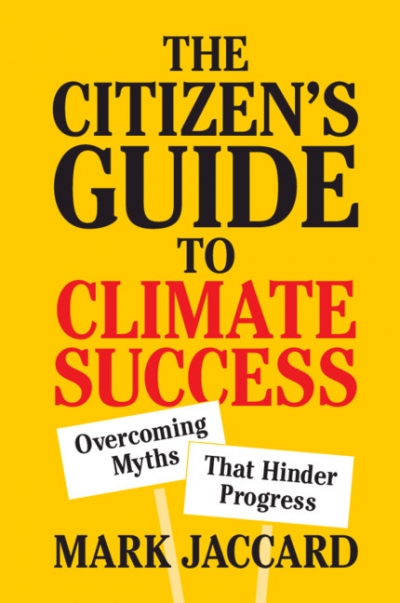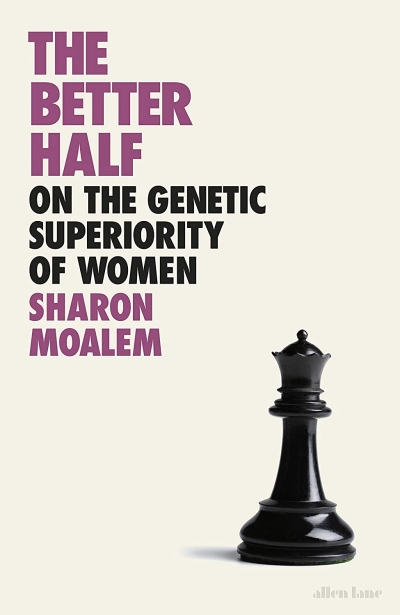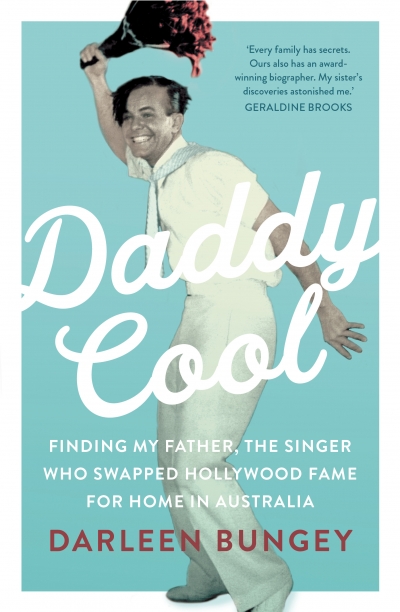Non Fiction
The Colonial Kangaroo Hunt by Ken Gelder and Rachael Weaver
As generations of Australian tourists have found, the kangaroo is a far more recognisable symbol of nationality than our generic colonial flag. Both emblematic and problematic, this group of animals has long occupied a significant and ambiguous space in the Australian psyche. Small wonder, then, that Ken Gelder and Rachael Weaver have found such rich material through which to explore our colonial history in The Colonial Kangaroo Hunt.
... (read more)On a frosty January morning in 2019, I found myself listening to oral argument at the Supreme Court of the United States. The cases I witnessed were not destined for headlines – no abortion, free speech, or death penalty cases that day – but I was still fortunate to get a seat. Queues snaked around the building, with tightly controlled ticketed entry and heavily armed security. As a scholar of constitutional courts, I was delighted by the public interest (less so by the guns), even if a Trump shut-down of nearby tourist attractions may have augmented the numbers. But none of us attending that day expected to witness something extraordinary: Clarence Thomas speaking.
... (read more)Not For Profit: Why democracy needs the humanities by Martha C. Nussbaum
What could be more timely than an argument for the humanities? They are poorly served in our schools and universities, and badly need champions. Martha Nussbaum, a distinguished philosopher at the University of Chicago, is well placed to affirm their importance. I read her book with eager anticipation and mounting disappointment.
... (read more)The Fatal Lure of Politics: The life and thought of Vere Gordon Childe by Terry Irving
A young Australian radical, who finds academic success later in life, struggles with an inexorable question: what is the relationship between these two worlds: the activist and the scholar? This question animated the life of Vere Gordon Childe, the Australian Marxist and intellectual whose The Dawn of Euro pean Civilization (1925) helped establish modern archaeology, as it has his most recent biographer, activist and labour historian Terry Irving, whose Class Structure in Australian History (1981, with Raewyn Connell) remains a key text.
... (read more)Catherine Cho’s Inferno is the first ‘motherhood memoir’ I have read since reading Maria Tumarkin’s essay ‘Against Motherhood Memoirs’ in Dangerous Ideas About Mothers (2018). The topic of motherhood has been ‘overly melded’ to memoiristic writing, Tumarkin argues; it feels ‘too much like a foregone conclusion’.
... (read more)Intrépide: Australian women artists in early twentieth-century France by Clem Gorman and Therese Gorman
Art and Paris meant everything to Agnes Goodsir. ‘You must forgive my enthusiasm,’ she wrote. ‘Nothing else is of the smallest or faintest importance besides that.’ Goodsir was the Australian artist who painted the iconic portrait Girl with Cigarette, now in the Bendigo Art Gallery. It depicts a cool, sophisticated, free-spirited woman of the Parisian boulevards. When Goodsir created it, in 1925 or thereabouts, she had lived in Paris since the turn of the century. Apart from brief visits back to Australia, she stayed there until her death in 1939.
... (read more)The Stranger Artist: Life at the edge of Kimberley painting by Quentin Sprague
The Stranger Artist is a finely structured and beautifully written account of gallerist Tony Oliver’s immersion into the world of the Kimberley art movement at the end of the twentieth century; the close relationships he developed over the following years with painters such as Paddy Bedford, Freddie Timms, and Rusty Peters; and the creation of Jirrawun Arts as a collective to both promote and protect the artists and their work. How these artists, under Oliver’s practical guidance, came to assume the mantle of the legendary Rover Thomas and took Kimberley art to the world provides a compelling narrative: from fascination to enthralment to disillusion. Dreams are born, bear fruit, and die. Like many a fine work of art, The Stranger Artist attracts with a brilliant surface while fascinating with its deeper layers. Behind the thrill and wisdom of the painting – so new and old, so luminous and dark – lurk the tragedies of history and dysfunctional politics. This book – how could it be otherwise? – is peopled with spectacular characters, art, and landscapes. Appropriate to this remote corner of Australia, it is full of intense colour and eccentricity, while also permeated with great sadness.
... (read more)The Citizen’s Guide to Climate Success: Overcoming myths that hinder progress by Mark Jaccard
Written by a prominent economist with a long career in emissions reduction and policy modelling, this engaging book attempts to debunk eleven myths that undermine effective climate action. Jaccard also offers a ‘simple’ path to climate success, built around strong regulatory action, carbon pricing, a system of carbon tariffs, and supporting poorer countries in energy transitions. Jaccard focuses on emissions reduction in the transport and energy sectors, in line with his areas of expertise.
... (read more)The Better Half: On the genetic superiority of women by Sharon Moalem
All authors who are releasing new books during the global pandemic are at a disadvantage, but some less so than others. It helps to have a title that speaks to the moment, which The Better Half, with its central thesis that women are ‘genetically privileged’, certainly does. The coronavirus, we have learnt, tends to affect men more severely than women. Some have attributed the discrepancy to men being more likely to engage in risk-taking or health-compromising behaviours, while other experts have advanced a genetic explanation.
... (read more)Daddy Cool: Finding my father, the singer who swapped Hollywood fame for home in Australia by Darleen Bungey
‘“I must remember accurately,” I told myself, “remember everything accurately so that when he is gone I can re-create the father who created me.”’ This is Philip Roth exhorting himself while witnessing his declining father bathe in Patrimony: A true story (1991), a memoir that opens when Herman Roth is diagnosed with a brain tumour. The book, tender but also brutal, slips between the present and the past. Philip Roth, after all, is the writer. The matter of accuracy feels particularly perilous when the subject is the writer’s parent, if the intention is not to write a hagiography. It takes a particular kind of courage to countenance a parent’s failings when not motivated by revenge.
... (read more)

